According to a quick Google search, onions are the third most bought vegetable in the United States (the average U.S. citizen consumes about 22 pounds of onions a year). Most people that I know use onions as a top ingredient in recipes — even the ones that don’t call for onions. Onions are a simply delicious vegetable that come in many colors, varieties, and flavors. This article doesn’t cover this deliciousness, but rather, the medicinal properties of onions.
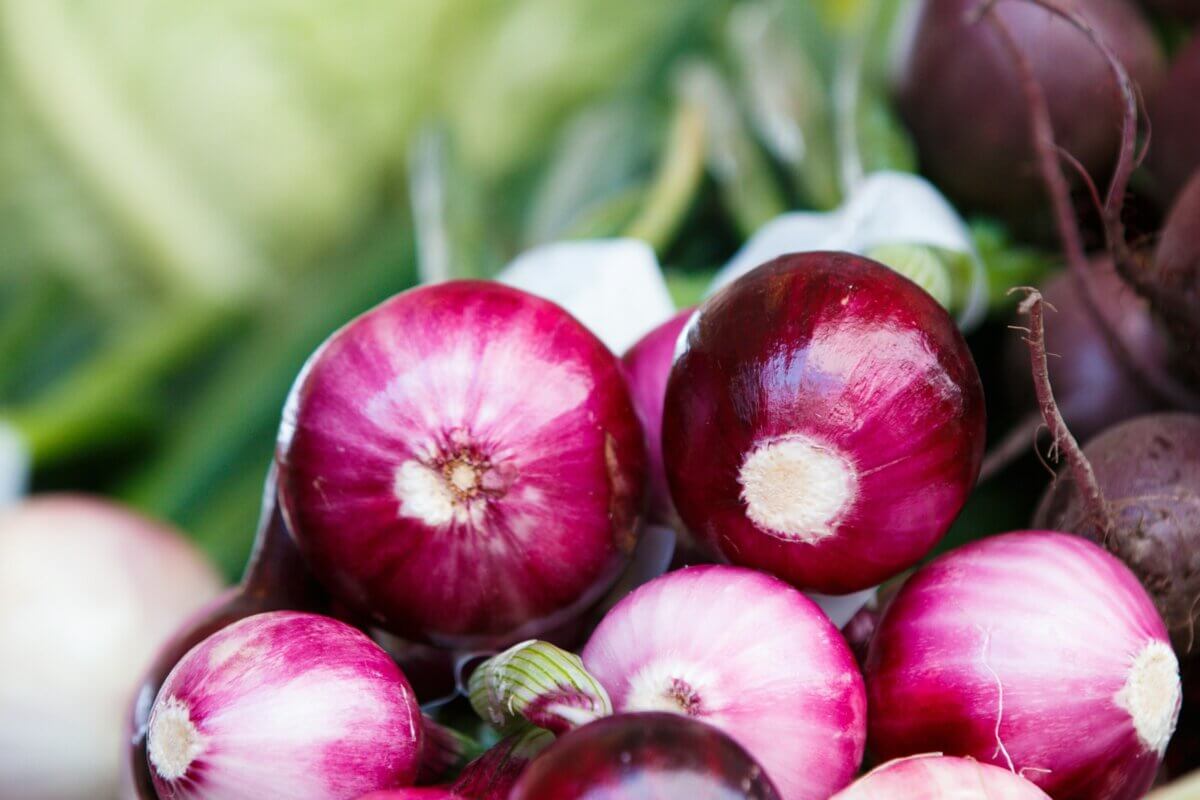
Yes, you read that right. Onions are more than delicious. They’re medicinal, too! With how good they taste, most people are gaining the medicinal benefits without realizing it.
Although people don’t realize that onions have medicinal properties, it seems that pungent fruits and vegetables often serve the dual purpose of flavoring your food and strengthening your body. Onions are no exception.
There are many types of onions. The most common are the white, yellow, sweet, red, purple, green, and shallot. All with their own niche when used in a dish.
Much like garlic, onions have long been recognized in Ayurvedic medicines in India. Onions and garlic are allium vegetables and belong to the same family (Amaryllidaceae). Onions are classified as Allium cepa L. with the word “cepa” meaning onion in Latin.
If you’re curious about garlic’s medicinal benefits, you can check out the article I previously wrote detailing them.
Onions aren’t recognized as medicinal only in Southeast Asia, though. Slowly the Western world has caught on and there are scientific articles published regarding onion health benefits.
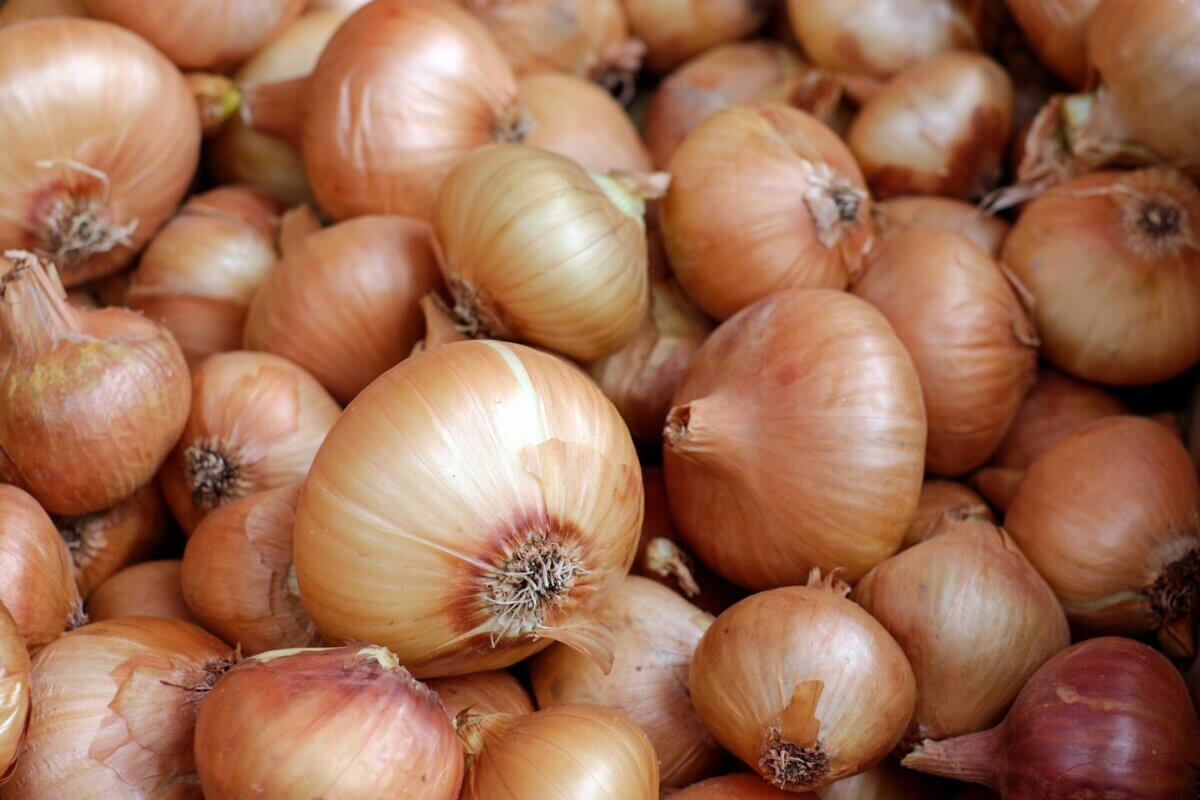
If you’ve ever been chopping an onion and found yourself tearing up, this is due to the organosulfur compound that is potent in onions (and most other vegetables in the onion family). This compound is what gives them their strong recognizable flavor. Even more, this compound is packed full of health benefits.
What Are the Health Benefits of Onions?
So what nutritional value does this humble vegetable have? And what are the beneficial effects of regular onion consumption? Find out below.
- First and foremost, researchers have found that organosulfur compounds can inhibit cancer cells from growing and multiplying (this study has not yet been replicated in humans, but the results are promising).
- Onions are rich in flavonoids (plant substances that act as antioxidants). This quality helps protect against free radicals (free radicals cause inflammation and are highly associated with longer-term diseases like diabetes, heart disease, and again, cancer).
- Interesting side note: It has been found that red onions specifically contain the highest concentration of flavonoids.
- Regardless of the color of the onion, the outermost layers have been found to contain the greatest amounts of flavonoids. When you’re peeling an onion, try your best to peel as minimally as possible.
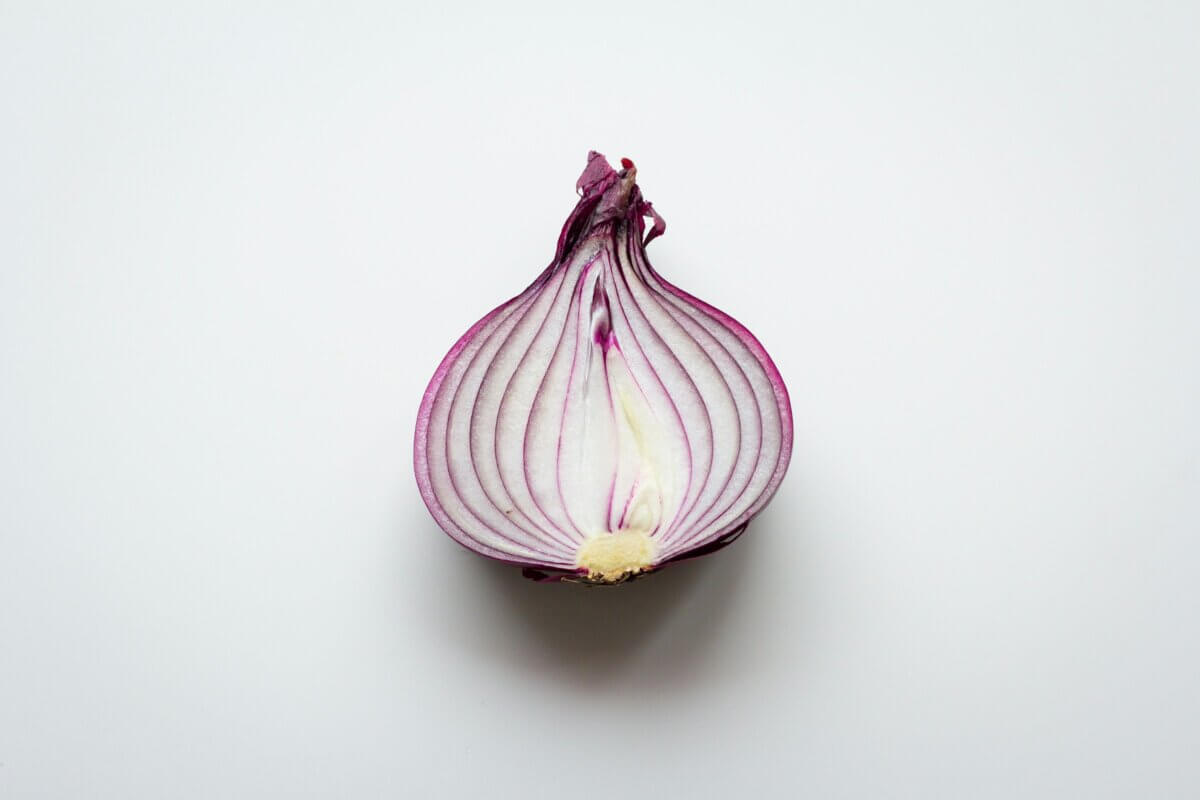
- One of the flavonoids found in onions is called quercetin. Quercetin has been found to help prevent blood clots (by lowering triglyceride and cholesterol levels) and is also an antibacterial. Research (on humans) has found that taking onion extracts that are high in quercetin have helped reduce systolic blood pressure.
- Onions are rich in prebiotics and fiber which can significantly aid in digestion.
- According to the USDA, onions are full of nutrients from potassium and vitamin B and C, to protein.
- They can aid in oral hygiene. While I recognize this doesn’t sound appealing, chewing raw onions for 2 to 3 minutes has been found to kill the germs present within the oral cavity, and therefore help prevent tooth infections and overall, aid in oral health.
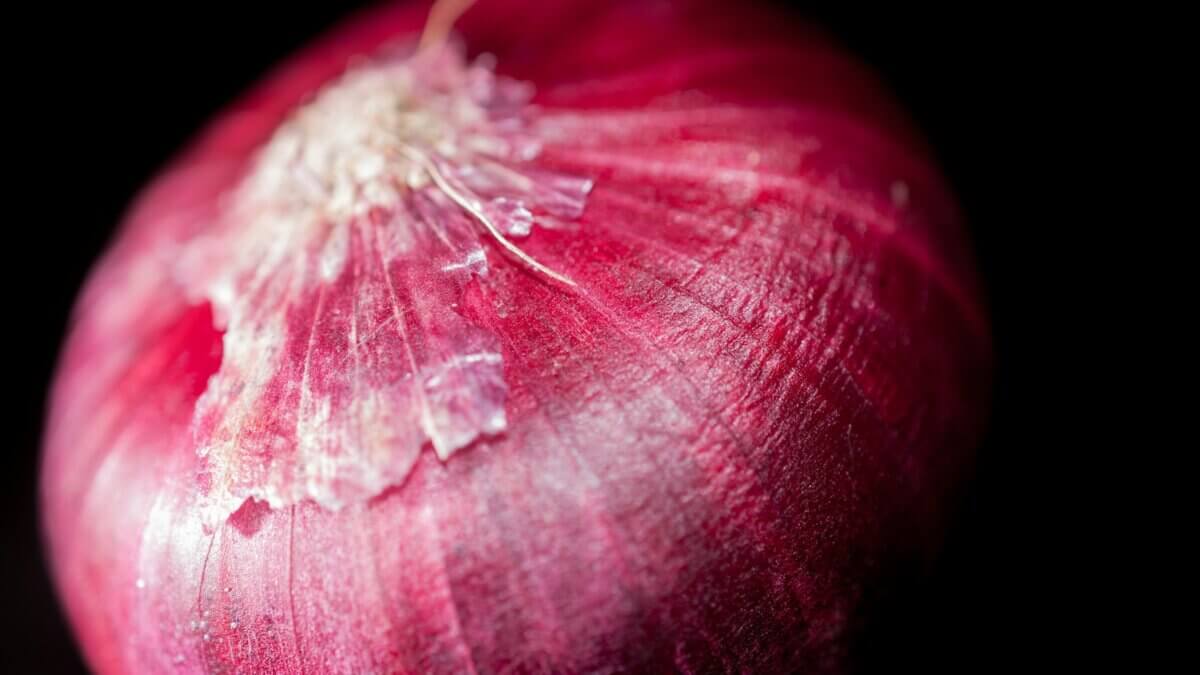
- Applying onion juice or a fresh slice of onion to a bee sting can instantly reduce the pain.
- A few drops of onion juice can likewise help soothe and relieve ear aches as well as relieve ringing in the ears.
- Mixing onion juice with honey or olive oil has been found to reduce acne (although the smell of onion juice on the skin is unappealing).
- Onion juice and honey can significantly relieve sore throats.
That’s a long list of benefits the humble onion has to offer. While some of it has been scientifically researched, the “word of mouth” remedies above (6 to 10) should be tried at your own risk. Personally, I have some dear friends who stopped eating onions except when they’re feeling on the verge of sickness, and they speak highly of onion’s ability to cure ailments. I, on the other hand, use onions nearly everyday because I love the flavor.
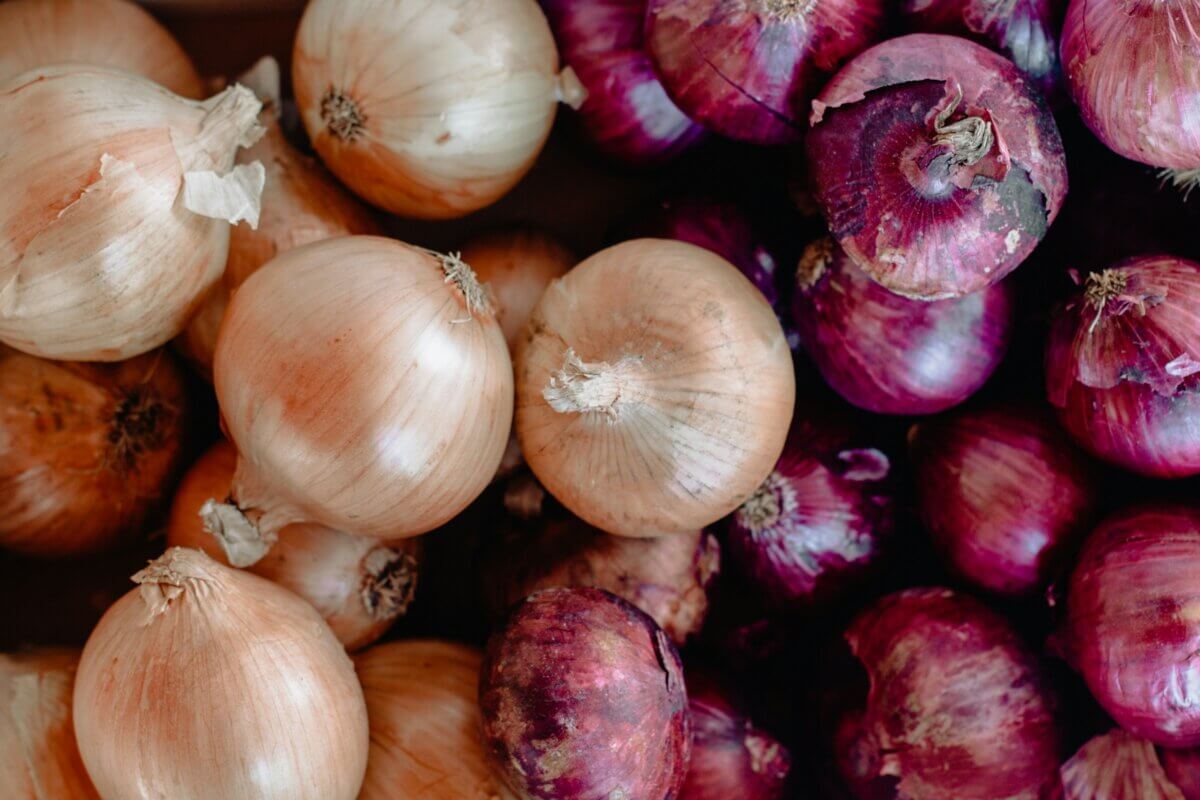
Another side note: As with most vegetables, once you cook them, they lose some of their medicinal benefit; you literally cook the nutrients out of them. To get the most “bang for your buck,” try eating raw onions more often to absorb more of the medicinal benefits.
Luckily, eating onions to reap the medicinal benefits doesn’t have to be a chore. Onions are delicious, and commonly used in recipes and served in restaurants. And not just in the U.S. I’ve yet to be in a country that doesn’t appreciate onions.

























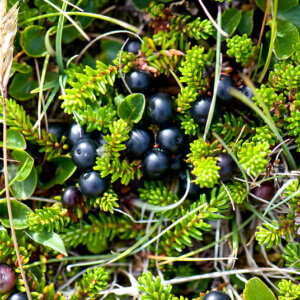
















Leave a Reply